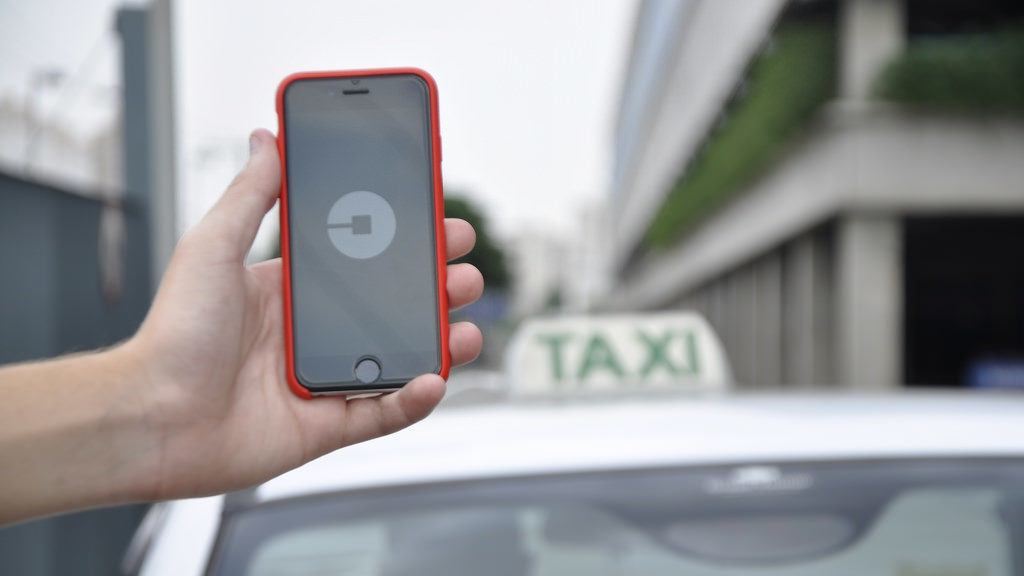Uber found itself at the center of a heated debate regarding the refugee ban as protesters took to the nation’s airports.
People across the country are protesting President Donald Trump’s recent executive order banning nationals from hand selected Middle Eastern countries, and Uber became a subject of the protesters’ demands.
As protesters advocated against the refugee ban, groups like the New York Taxi Workers Alliance (NYTWA) joined in by enacting a brief halt on pickups from John F. Kennedy International Airport.
“Drivers stand in solidarity with thousands protesting inhumane & unconstitutional #MuslimBan” the NYTWA tweeted. Despite the taxi alliance’s move to stop business, Uber was open for business and the protesters were not happy.
Uber lifted surge pricing during the congestion at JFK airport, an announcement that broke via their New York Twitter account, and one that unleashed a wave of backlash.
In an effort to boycott Uber, the hashtag #DeleteUber began trending on Twitter.
Immigration activists pressured their peers and social media followers to delete the ride-sharing app amid concerns that the Silicon Valley company was attempting to undermine the brief taxi strike. Uber’s chief executive, Travis Kalanik, spoke out against the executive order on refugees. He is a business advisor to President Trump.
Uber’s support of immigrants and refugees isn’t limited to Kalanik’s public statements. The ride-sharing company has unraveled plans to help their employees – many of which are potentially impacted by the executive order.
The transportation network company has pledged legal and financial support for their workers in need in light of Trump’s recent executive order.
Despite the company’s public criticism of the ban on Middle Eastern refugees, it did not stop protesters from bashing Uber all over social media. The company employs tens of thousands of drivers in the New York City metropolitan area lone.
Uber and other ride-sharing services such as Lyft have a long history of legal battles with traditional, unionized taxi services.
RELATED:
• Why Universal Basic Income Is A Ridiculous Idea
• Investment Diversification Through Alternative Funds – Sang Lee, of DarcMatter
• Does the Sharing Economy Really Hurt Workers?











